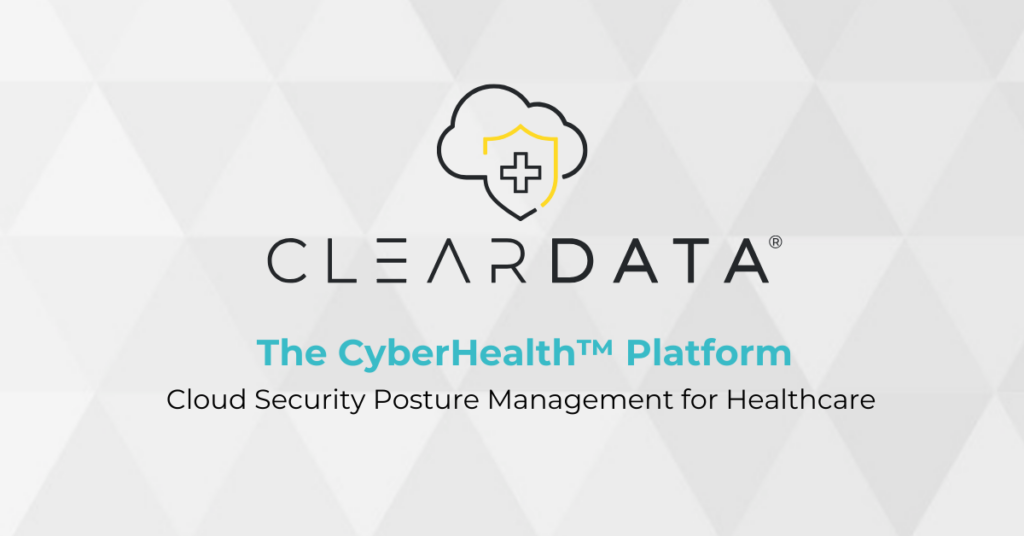
by Scott Whyte
Advisory Board Member
ClearDATA
Periodically I get the opportunity to share with you some of the innovations I see while on the road working to improve healthcare across the country. Lately I’m seeing more Blue Cross Blue Shield innovation news and, in speaking with Blue Cross Blue Shield leaders, I’m impressed with what I’m seeing.
Blue Cross Blue Shield is a federation of 36 independent U.S. health insurance organizations that provide coverage to more than 100 million Americans across all 50 states. They have some initiatives in the works I want to share with you because they have the potential for a significantly positive impact on U.S. healthcare.
Social Determinants of Health
In March of this year, the Blue Cross Blue Shield Association (BCBSA) announced the launch of the Blue Cross Blue Shield InstituteSM (BCBS Institute) to address the social and environmental factors that greatly influence health. They are working at the community level to identify barriers to health by analyzing geographic population patterns by zip code using de-identified data. As Scott P. Serota, the president and CEO of BCBSA said in this interview with HealthPayer Intelligence, “Serving one in three Americans in nearly every geographic area in the country, Blue Cross and Blue Shield companies know all too well that what often dictates health isn’t genetic code, but ZIP code.”
By understanding the barriers to health, we can get in front of many chronic conditions and actually prevent them. BCBSA estimates 60 percent of health outcomes are driven by social determinants of health.
This all feeds into creating a new model for healthcare that is more patient-focused and works with deeper understandings of why patients are at risk; then working to get in front of that diagnosis. These value-based models that put patients at the center require data, and interoperability is critical to success.
Improving Integration and Patient Experience
On September 10, BCBSA announced that they were adopting HL7’s Fast Healthcare Interoperability Resources (FHIR) standard for sharing information. FHIR improves the ability to share data and glean insights, be it from clinical or financial data. This, in turn, can enhance the patient’s experience.
And to prove doing the right thing for patients has a double bottom line, Blue Cross Blue Shield of Michigan recently announced that it saved $626 million in healthcare costs over a nine-year period through their patient-centered medical home model. The personalized care increased prevention, better coordinated care, and helped patients avoid ER visits and lengthy hospital stays. This requires coordinating and tracking of patient health information and data, and getting patients personalized care, when they need it. The improved outcomes reduce the cost of healthcare and can help avoid chronic conditions.
There’s never been a more exciting time to be in healthcare as we see innovations transform the industry and bring life-saving care to so many, thanks to the technologies we have at hand to find meaning in the data we collect. Being able to increase interoperability and remain compliant in a secure cloud environment opens up a world of potential in personalized care.


